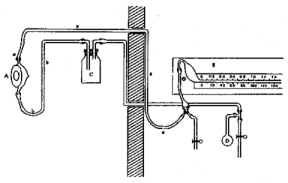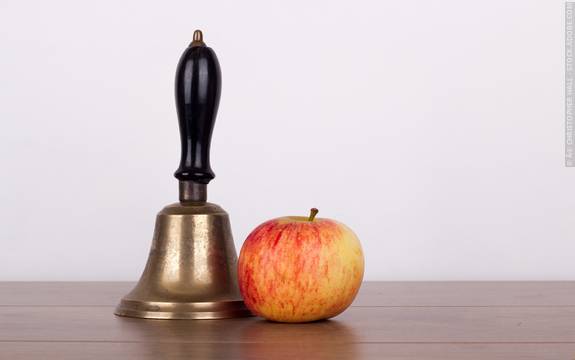Classical conditioning is arguably an over-simplified explanation of behaviour and as a result can't be used to explain complex human development, personalities and why people often don't associate things with each other.
Conditioning
Factors Affecting Conditioning
- Discrimination - Pavlov tested to see if animals could discriminate between seemingly similar stimuli by presenting animals initially with a tone, followed by a reward of food. The dogs learnt to associate this tone with the sound. Pavlov then used different tones, which generated a limited amount of salivation, but over time the animals learnt to discriminate between the real, original stimulus and the variations that produced no food.
- Extinction - If a person or animal isn't presented with the reward when the stimulus is given, after a few occasions they will learn to disassociate the relationship between the two. However, it has been found that the association does not disappear completely, as when the expected reward is presented again, the association is re-evoked with what is known as spontaneous recovery.
- Generalisation - This is an important issue in conditioning: When presented with different tones, Pavlov's dogs still responded most to the first tone, but reacted also to a lesser extent to the other sounds. Could this explain behaviour outside of Pavlov's experiments? Nervous household pets often fear humans and will seek to either avoid them or meet them with a degree of aggression. Classical conditioning theory would suggest that the animals' previous bad experience with an unkind human has taught them to generalise their fear to other people.
Does time affect conditioning?
The ideal time interval between the stimulus (eg. sound) being given and reward (like food) being presented is around 1 second. If too long a time is left between the two, the association will not be made. Another interesting discovery was that associations are only made if the stimulus is presented before the reward. This forward conditioning contrasts with backward conditioning (in other words, presenting the stimulus after the food) which has been found to be completely ineffective in evoking a response. Karmin found that is is the predictiveness of forward conditioning which causes associations to be made.
What factors prevent conditioning?
As we mentioned above, conditioning doesn't always occur. Karmin (1969) gave an experimental group of animals a light stimulus, which they were conditioned to associate with a somewhat cruel electric shock that followed. A second group of animals were not taught to form this assocation, but both groups were instead exposed to light and tone stimuli, followed by electric shocks. The experimental group acted with fear when the light sounded, but, unlike the second group of animals, not when the tones were used. This indicates that once you associate a stimulus with a response, another stimulus cannot be used to override it.
Implications beyond a new discovery
Pavlov's discovery of conditioning helps us in understanding learning and association, such as how people acquire a fear or phobia by associating it with an unpleasant experience. More importantly, it paved way and formed the basis for Watson's behavioural approach to psychology, which aims to explain virtual all human and animal behaviour as a result of learning from our surroundings. Pavlov's experiments and their findings form an important basis for many behaviourists' explanations of our actions and disorders, but also helped psychology as a subject:
The experimental method (the setup of measuring dogs' salivation levels is shown to the right) of Pavlov's research is widely recognised as immoral owing to its cruel operation on the animals in order to measure their responses. However, his way of measuring responses through observation gives fuel to those psychologists who defend psychology as being a 'science'; one generally accepted requisites for a subject to be scientic being objective observation.



























